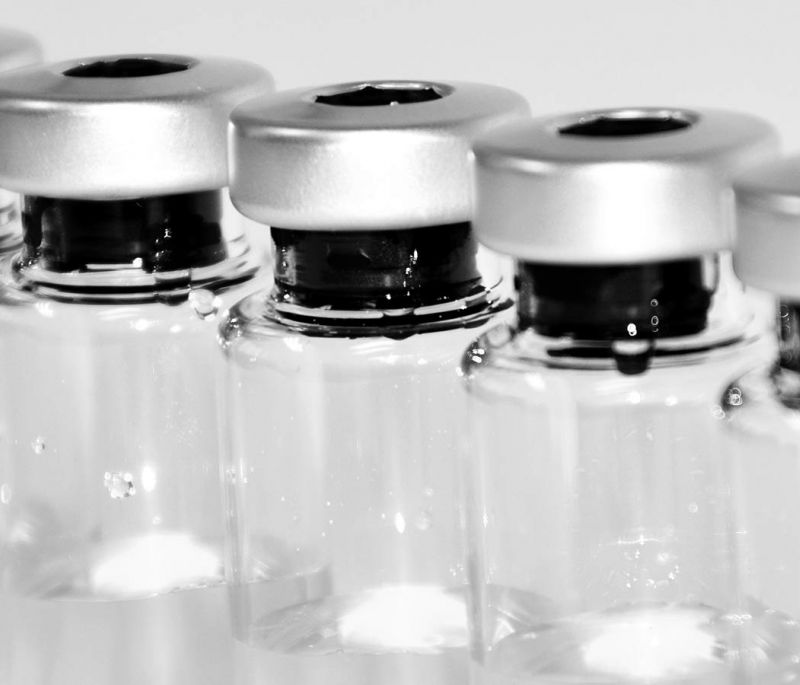Vaccination Injury Lawyer Las Vegas, Nevada
Vaccines are a great advance in public health however, occasionally people have bad or even fatal reactions to vaccines.
Free ConsultationCovid 19 Update: We are available to work with you remotely through teleconferencing or virtual meetings. Or, we will be happy to meet with you in our office. Your choice. Call us at 702-343-0494. You can also text us at 702-343-0494 or 702-533-7748.

Vaccines are a great advance in public health however, occasionally people have bad or even fatal reactions to vaccines.
Free ConsultationTo encourage vaccinations, the federal government has a no-fault program to compensate civilians for vaccine injury or vaccine injuries or adverse reactions to vaccines. Find out more below.
Vaccine Injury claims are based on rare reactions to a vaccine causing injury or death. Injuries due to an incorrect insertion of the vaccine needle or infections due to failure to sterilize the skin before injection are medical malpractice claims, not vaccine injury claims.
Successful vaccine injury claims prosecuted under the Vaccine Injury Compensation Program (VICP) require a fairly immediate (within a day or two) adverse reaction to the vaccine.
The VICP pays all attorneys’ fees and costs. The attorney will get paid if the Court determines that there was a reasonable basis for filing the claim. The injured party will get paid if the Court determines that more likely than not the vaccine caused the injury.
We are not taking covid vaccine injury claims. We will consider other vaccine injury claims not covered by the VICP on a case by case basis. Contact Jonathan Reed, 702-343-0494 for all vaccine injury claims.
A. As a general rule, three years from the date of vaccination. However, this is a complex area of the law and you should consult us or another law firm with the specifics of your case for a more accurate answer. Interestingly, we cannot file the claim until six months after the vaccination. However, we can work with you to put the case together before we are allowed to file. On the other hand, if you call us 35 months after the vaccination, we would not have time to put the case together before the statute of limitations runs.
A. The best proof is an affidavit from a medical doctor who has reviewed your medical file and the affidavit says the bad reaction was caused by the vaccine. The U.S. Government attorney may or may not dispute your affidavit with an affidavit from a doctor they hire. The case is easier if the reaction to the vaccine is fairly immediate with treatment at a hospital emergency room or other clinic fairly soon after the vaccination. Recently, it has become harder to prove that GBS following an adult flu vaccine is related to the flu vaccine. It appears to us that vaccine cases are getting harder to win in recent years.
A. In our opinion, it has unfortunately made the courts less willing to give the benefit of the doubt to a person injured by a vaccine, thereby requiring a bigger burden of proof to prove that the vaccine caused the injury.
